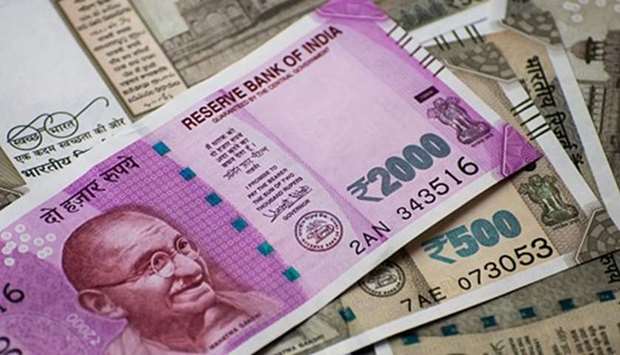It is already Asia’s worst-performing currency this year but there may be more pain in store for the rupee after India’s surprise interest-rate cut.
Easing borrowing costs may undermine the Reserve Bank of India’s inflation-targeting record, analysts say.
Worse, it will be viewed as a sign of bowing to political pressure before elections due by May.
While shorter-end sovereign bonds are expected to build Thursday’s gains, the rupee may extend this year’s decline against the dollar, according Mizuho Bank Ltd
The stock market also greeted the RBI’s decision without much fanfare, with the benchmark S&P BSE Sensex closing little changed after rising as much as 0.5% just after the decision.
The RBI is the first major emerging Asian central bank to ease its policy since the tightening cycle in the region started with the Bank of Korea raising its rate in November 2017.
The RBI joins its peers including the Reserve Bank of Australia in dialling back their hawkish stance amid subdued inflation and more stable currencies.
Vishnu Varathan, head of economics and strategy at Mizuho Bank, said RBI risks creating the perception it succumbed to political pressure to ease policy by cutting rates at a time when the fiscal deficit and core inflation are inching higher. If caught wrong-footed by higher oil prices, twin deficit worries and global risk aversion, the rupee may have to pay the price for monetary complacency.

